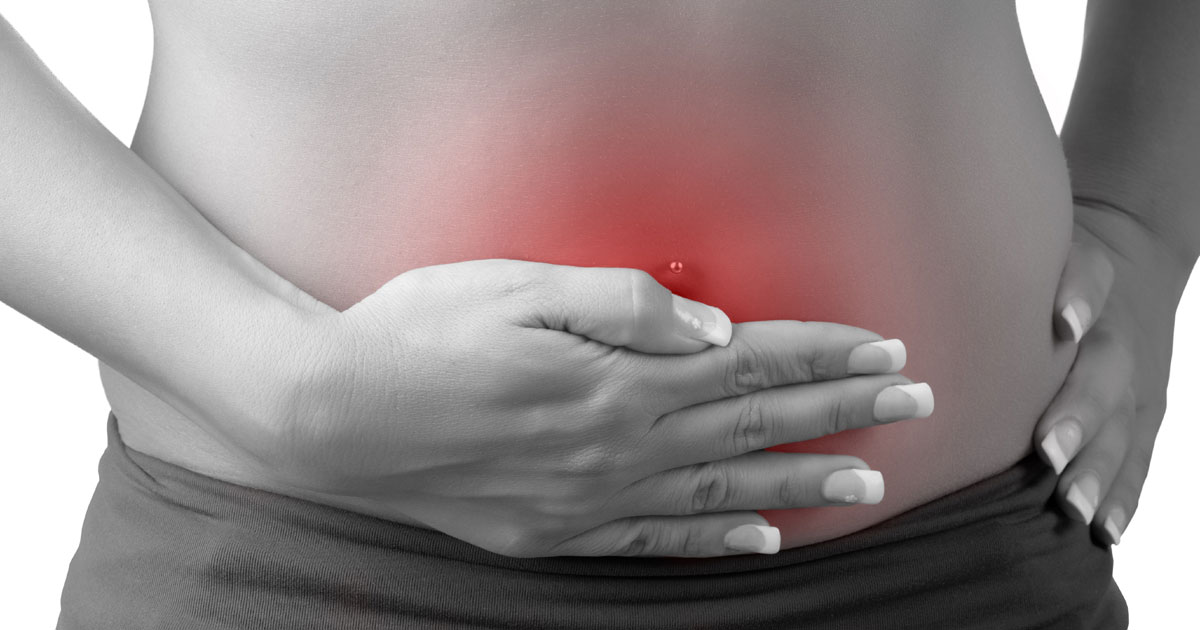Common Causes And Risk Factors For Peritonitis
Injury Or Trauma

Injury or trauma to the abdomen, including injuries from car accidents, contact sports, and falls, may result in peritonitis. In this case, a blow to the abdomen ruptures the abdominal wall, allowing bacteria and substances from other parts of the body to enter the abdomen. Patients who injure their abdomen should watch for fever, nausea, or pain, and they should seek prompt medical attention to reduce the risk of peritonitis. If patients develop abdominal pain that is so severe they cannot sit or find a comfortable position, they should seek emergency medical care. X-rays, CT scans, ultrasounds, and physical examination can all be used to assess trauma. If doctors suspect peritonitis, they will begin immediate treatment with intravenous fluids, and antibiotics will also be given to reduce the risk of life-threatening sepsis, a potential complication of peritonitis. Patients who have had an injury or trauma will be monitored several times an hour by hospital staff, and they will have their blood pressure, pulse, respiration rate, and temperature measured regularly. In particular, patients should alert their medical team if they develop any abdominal swelling, nausea, bloating, constipation, or diarrhea.
Learn more about risk factors and causes of peritonitis now.